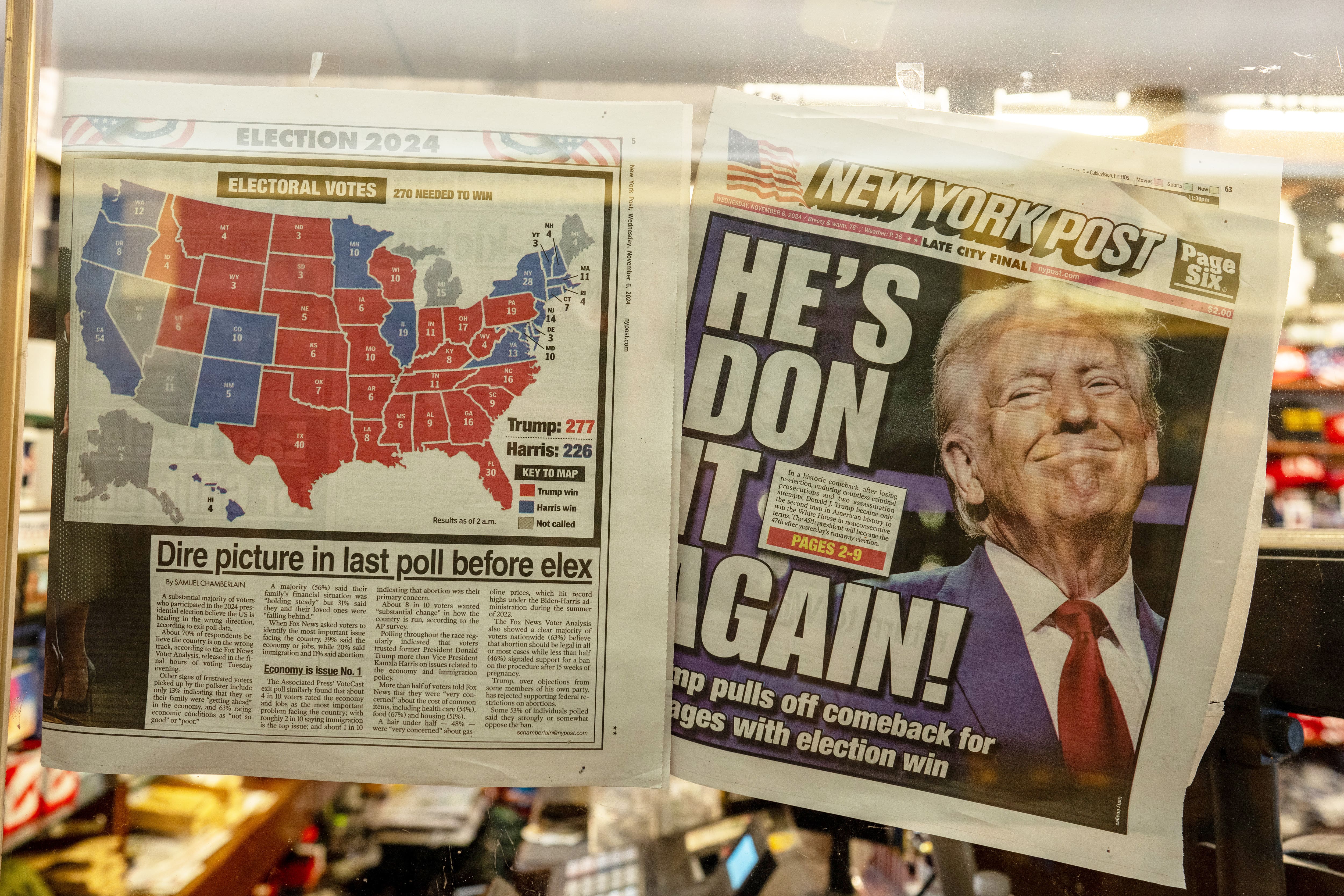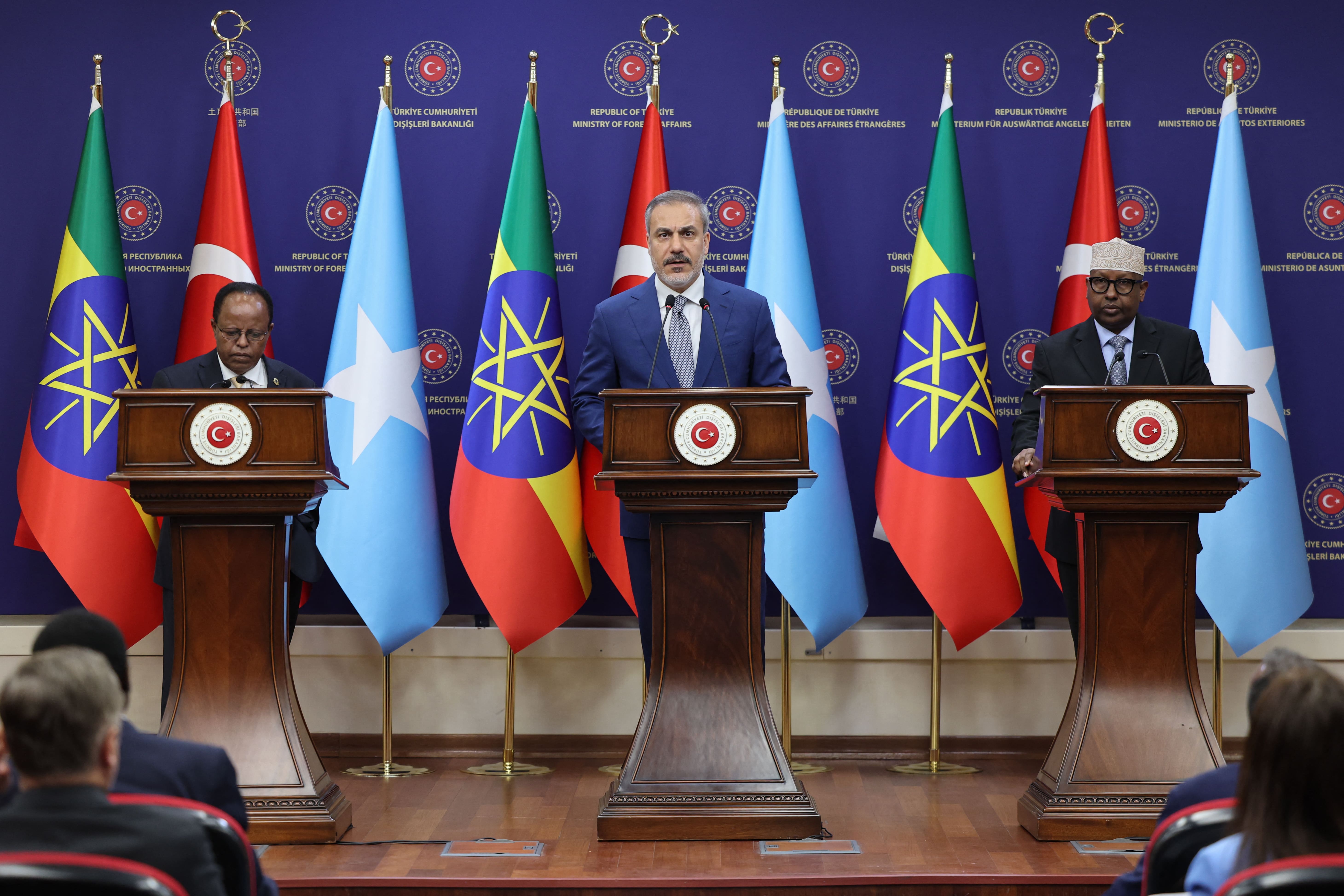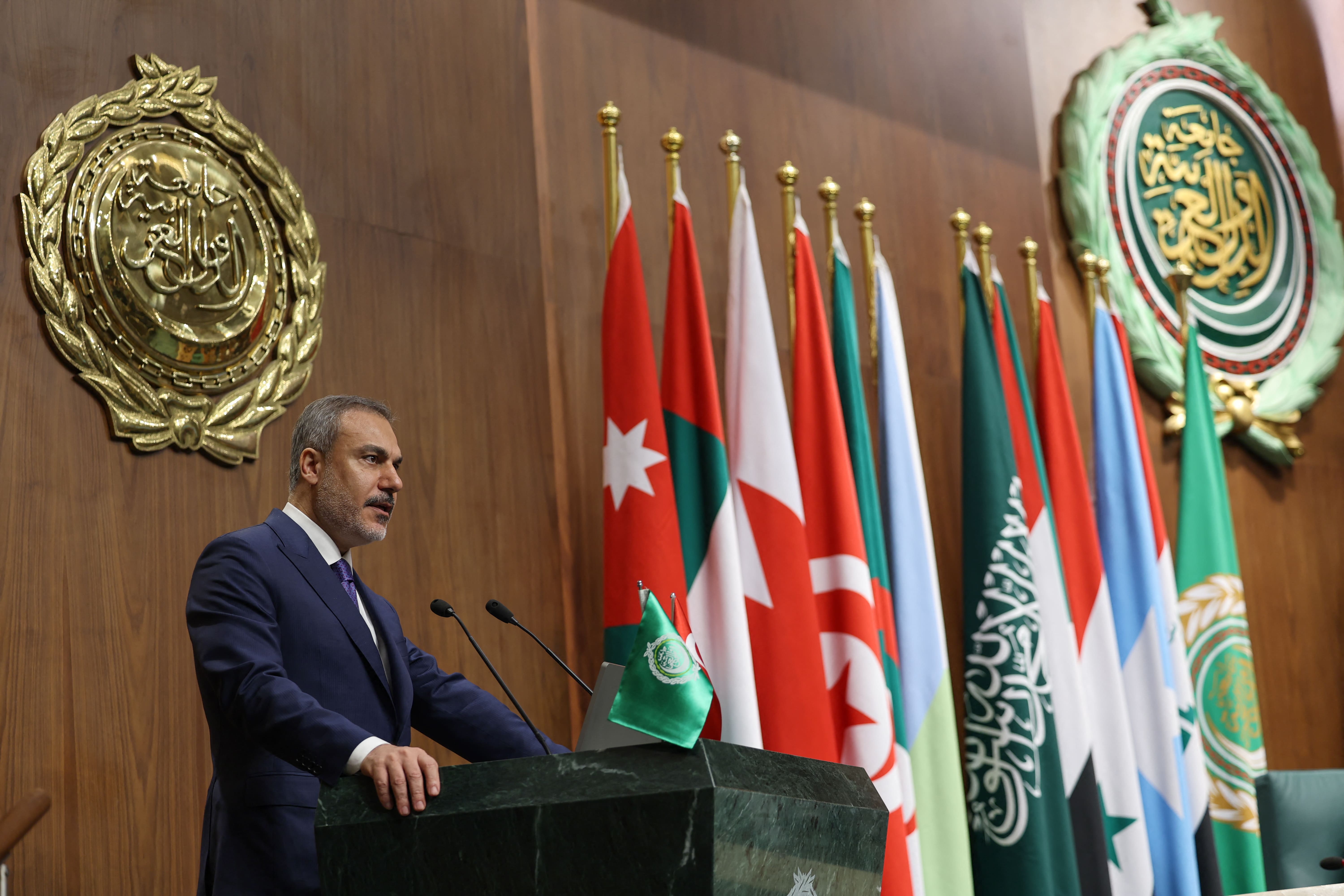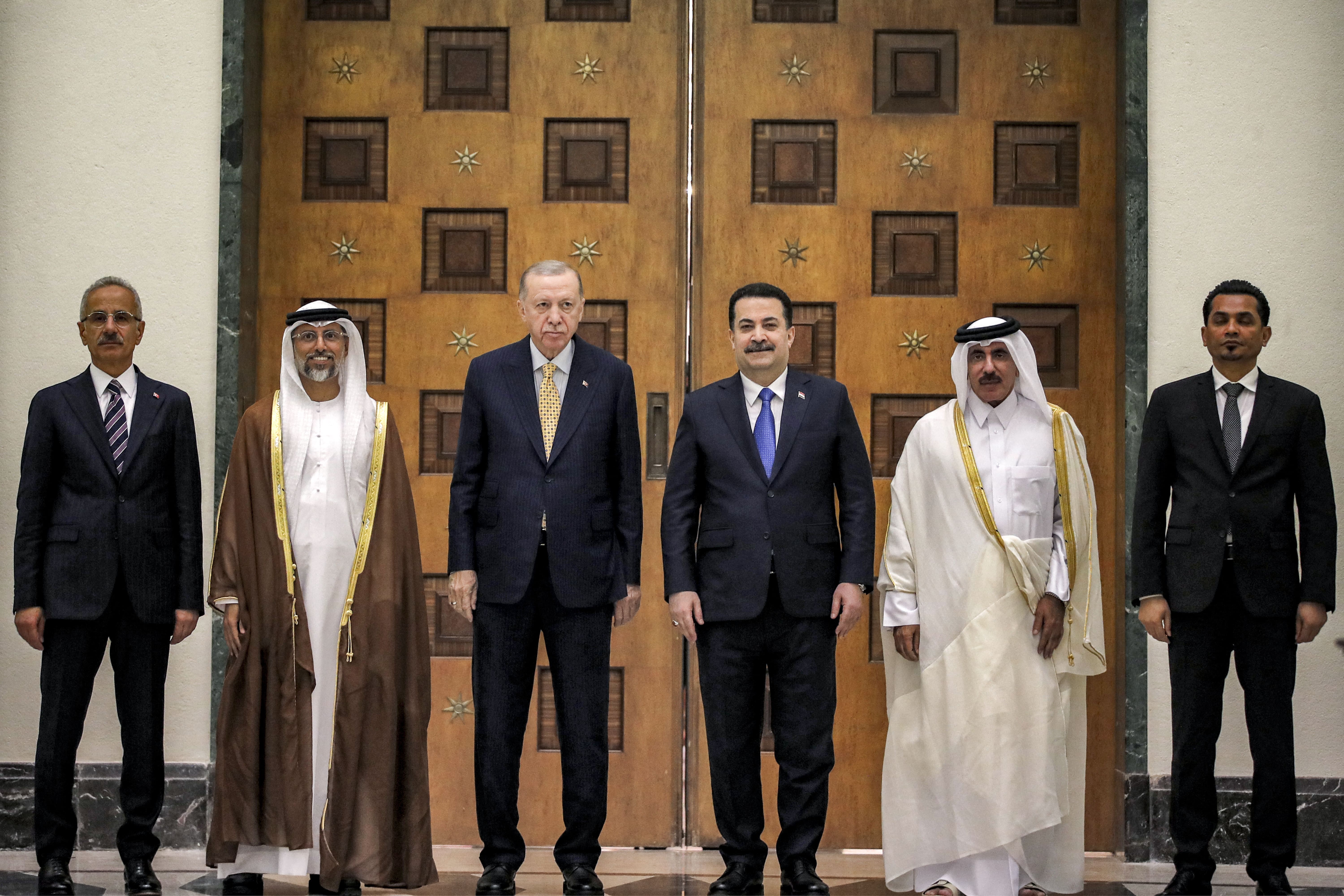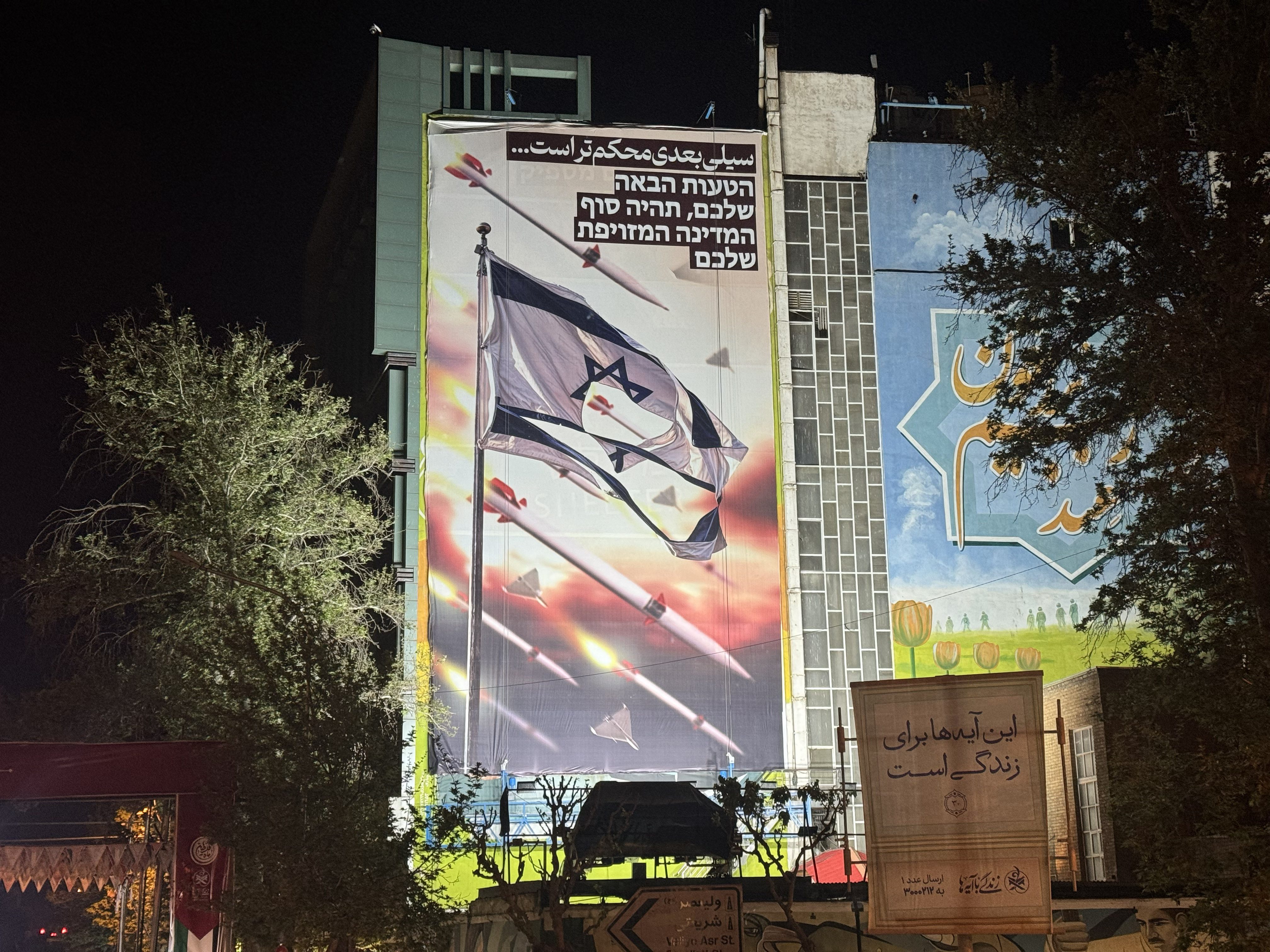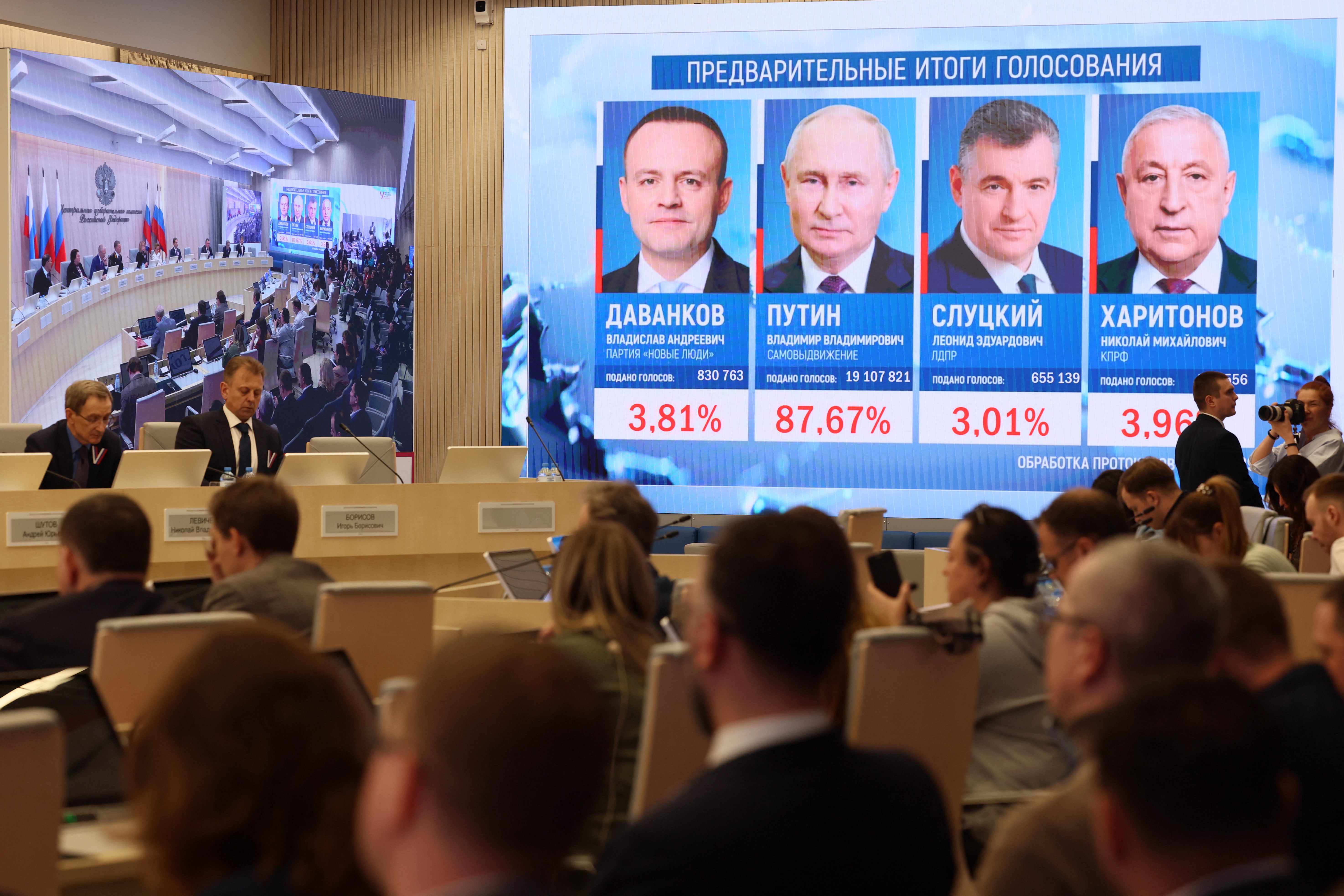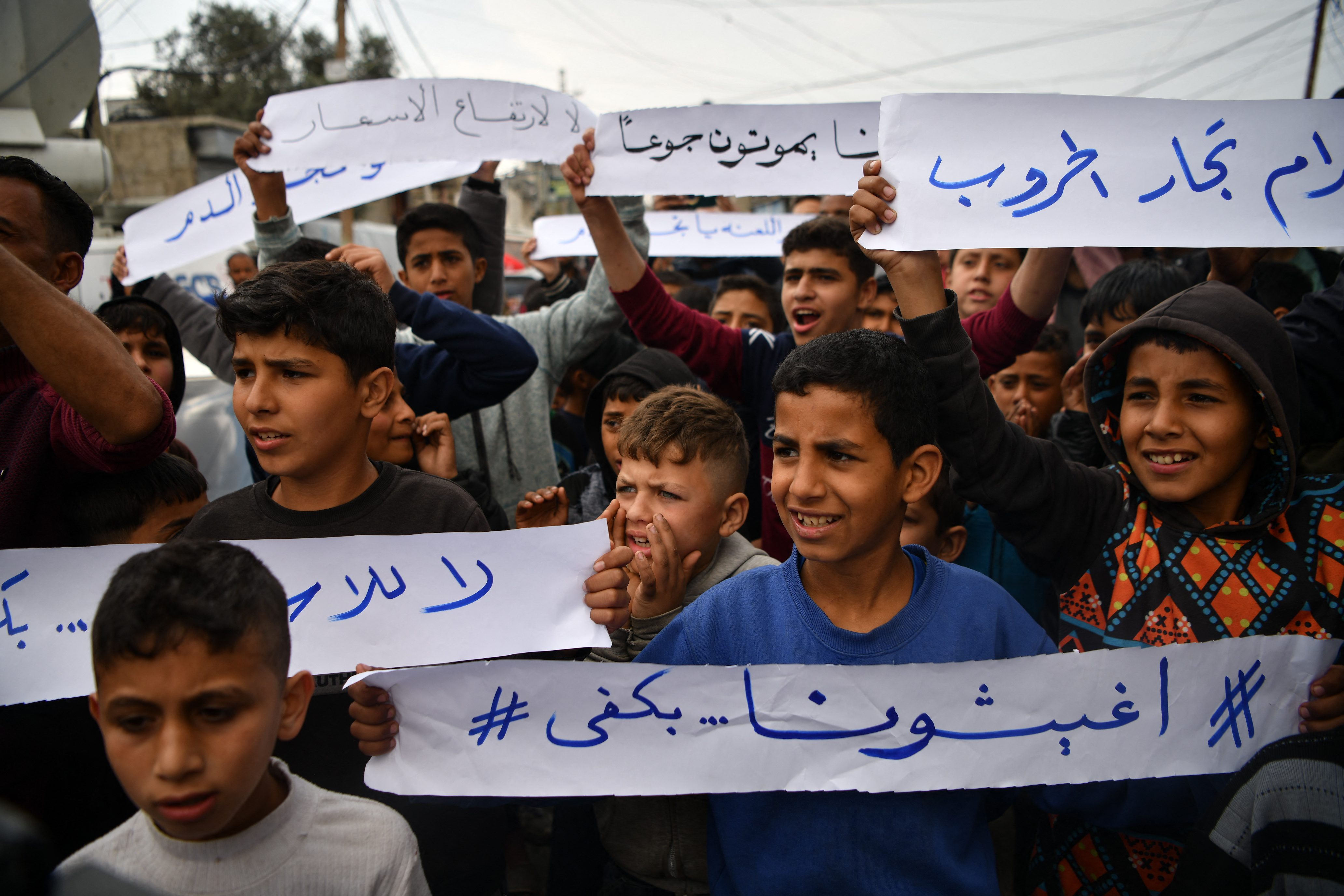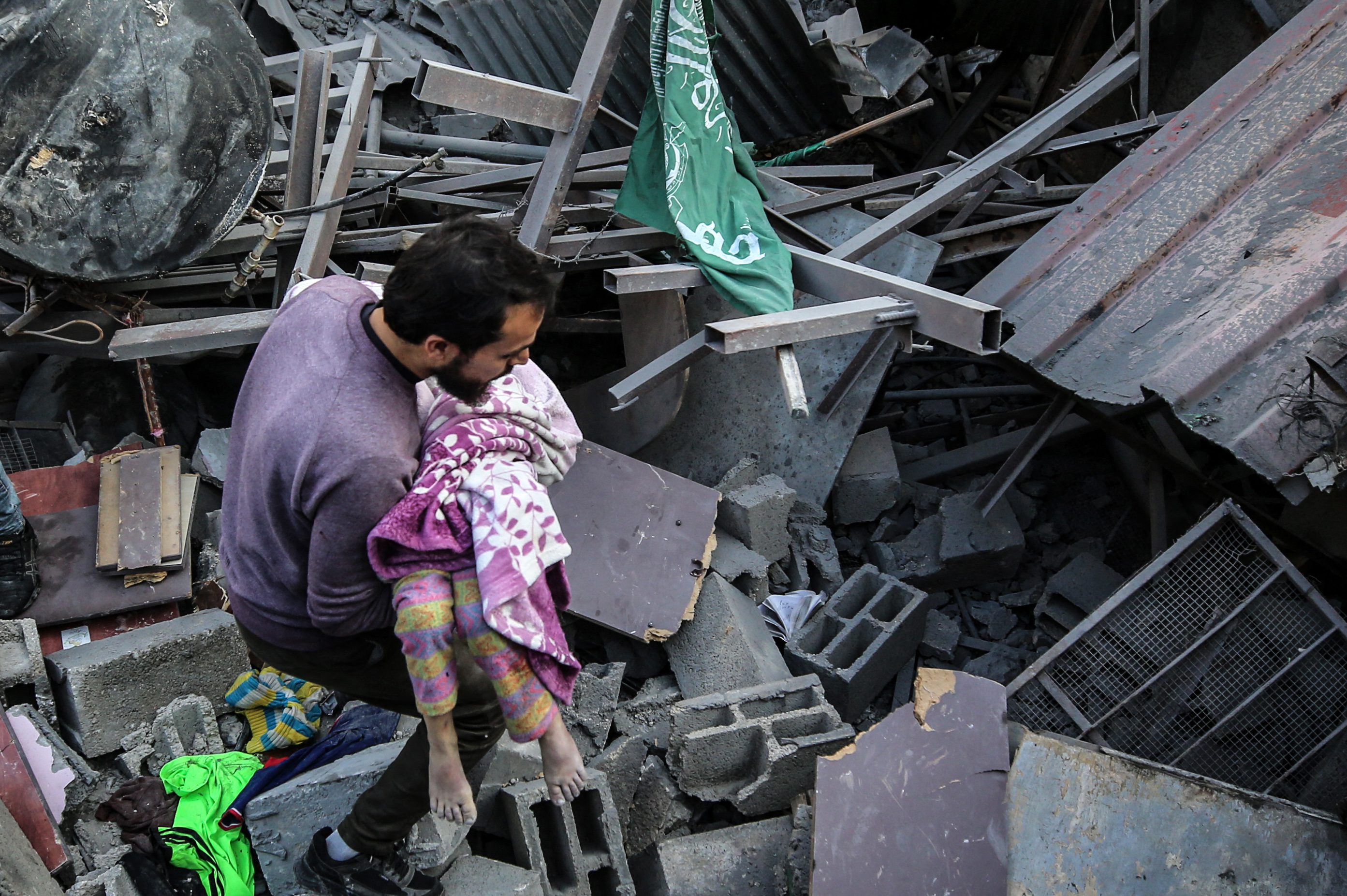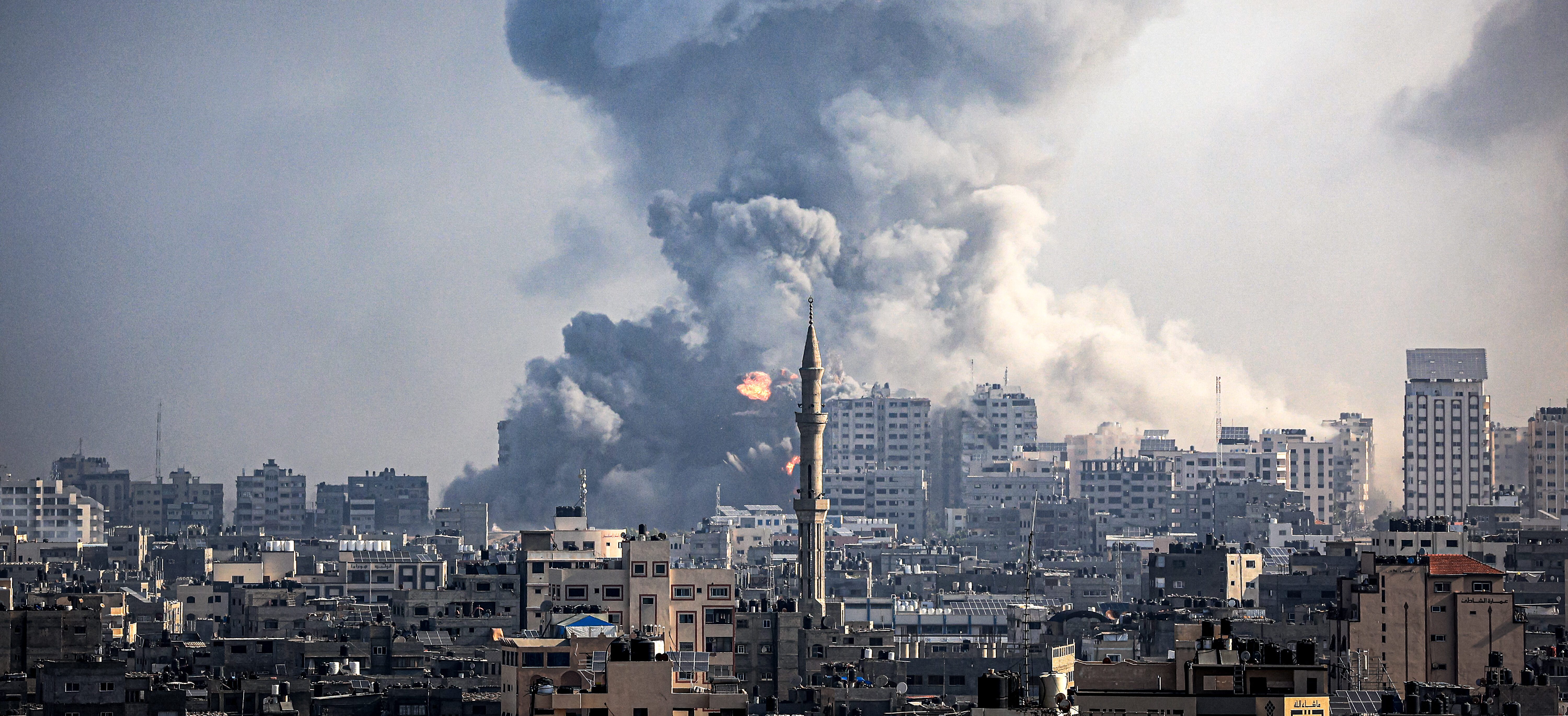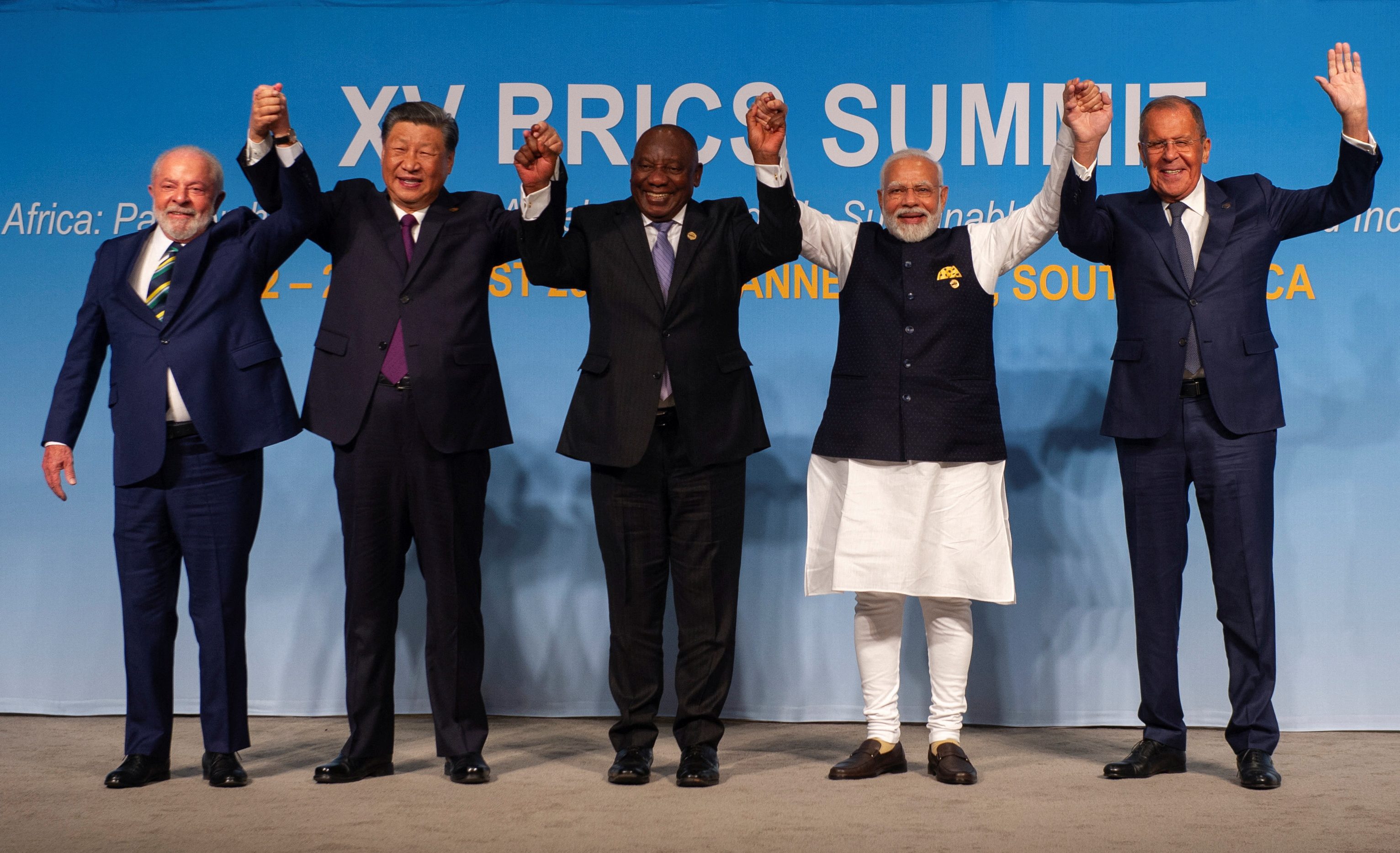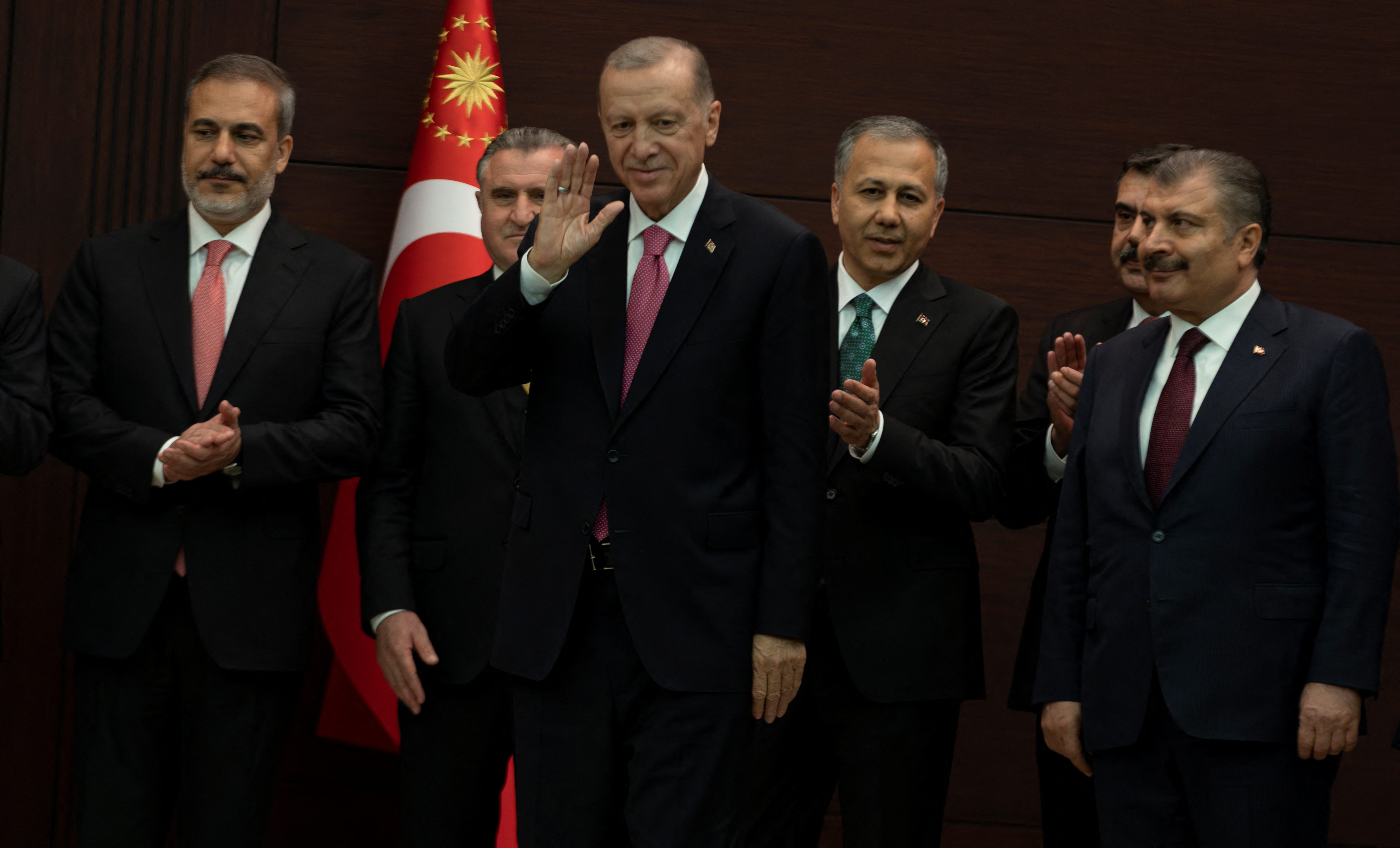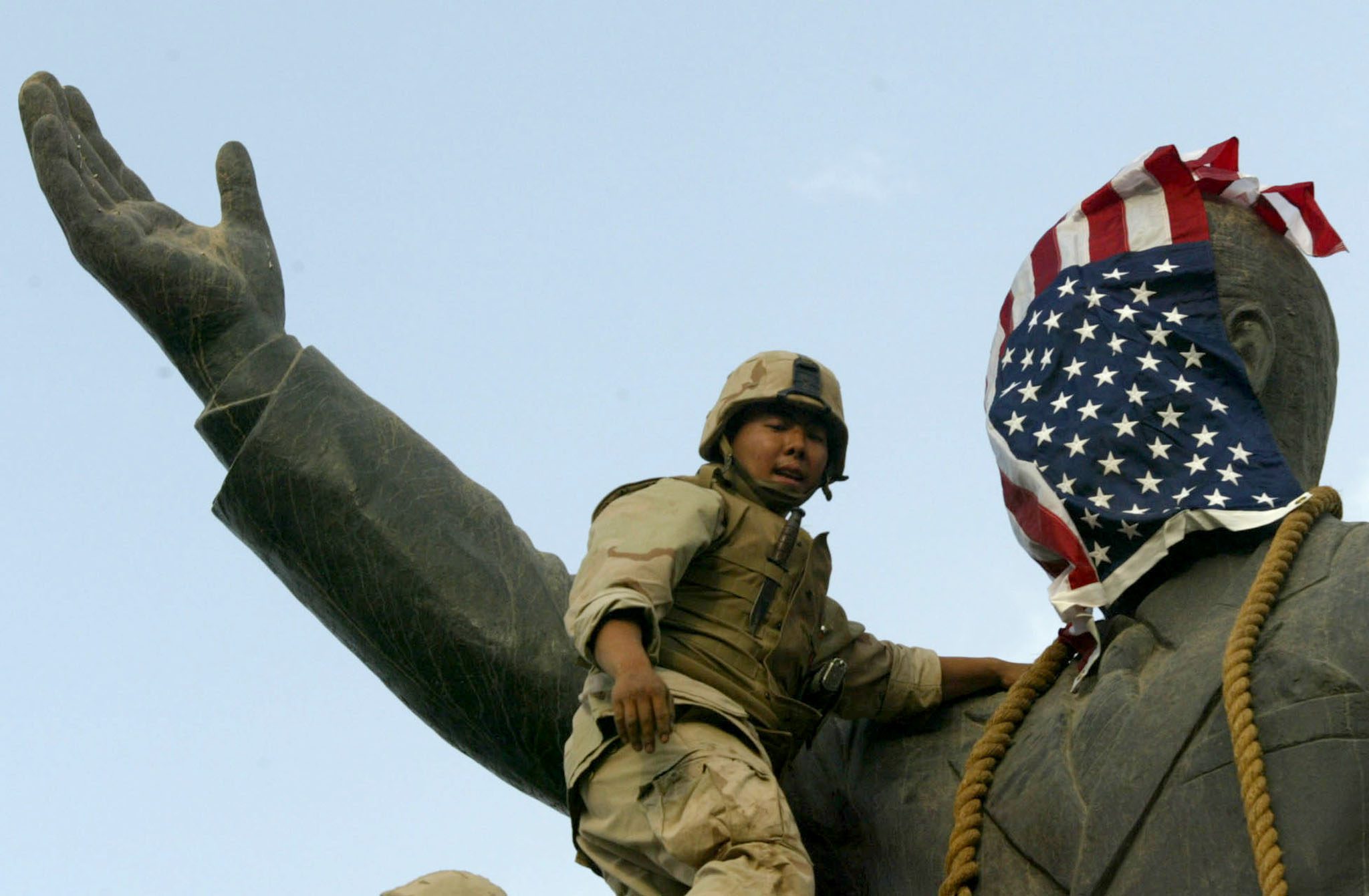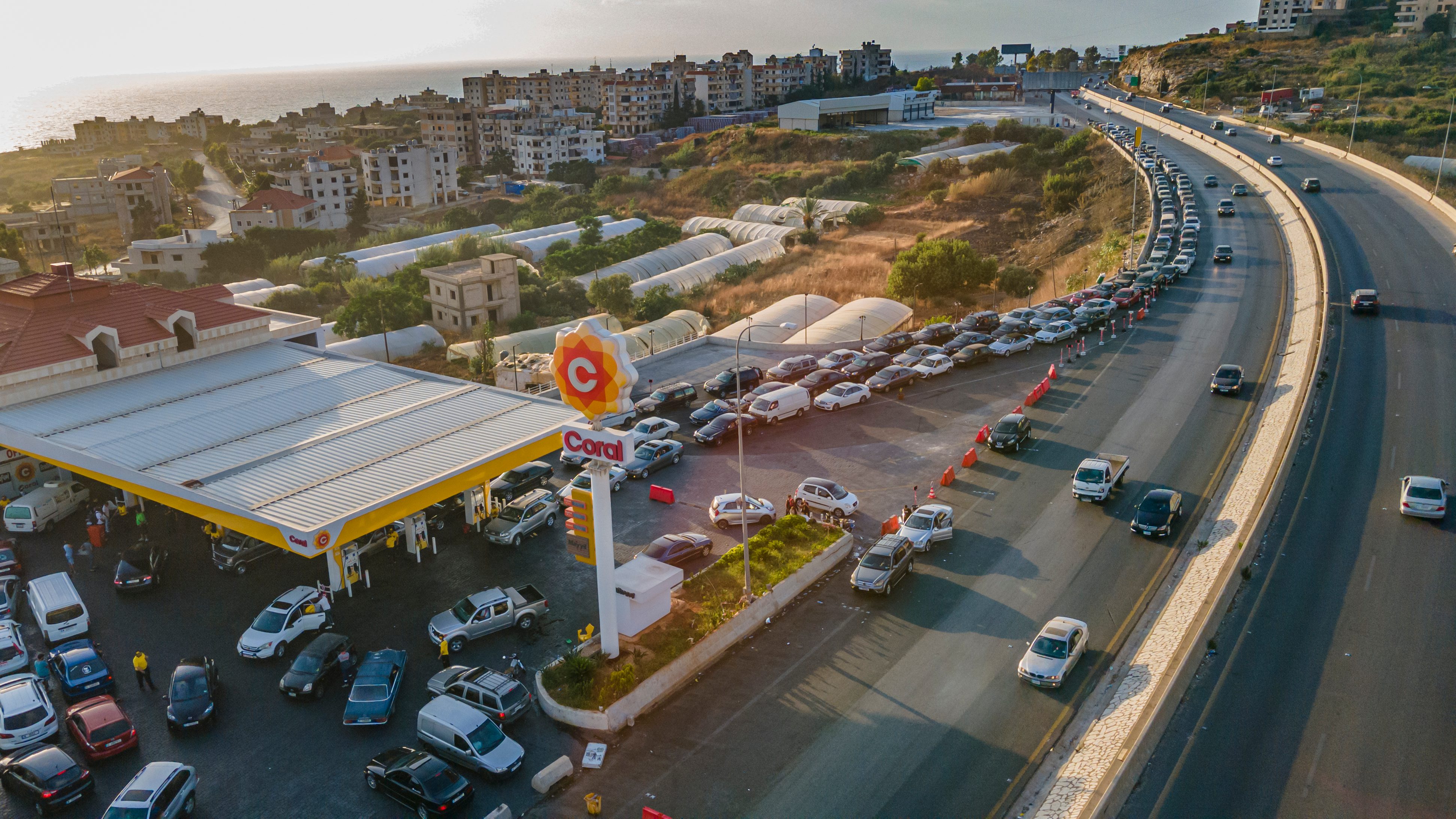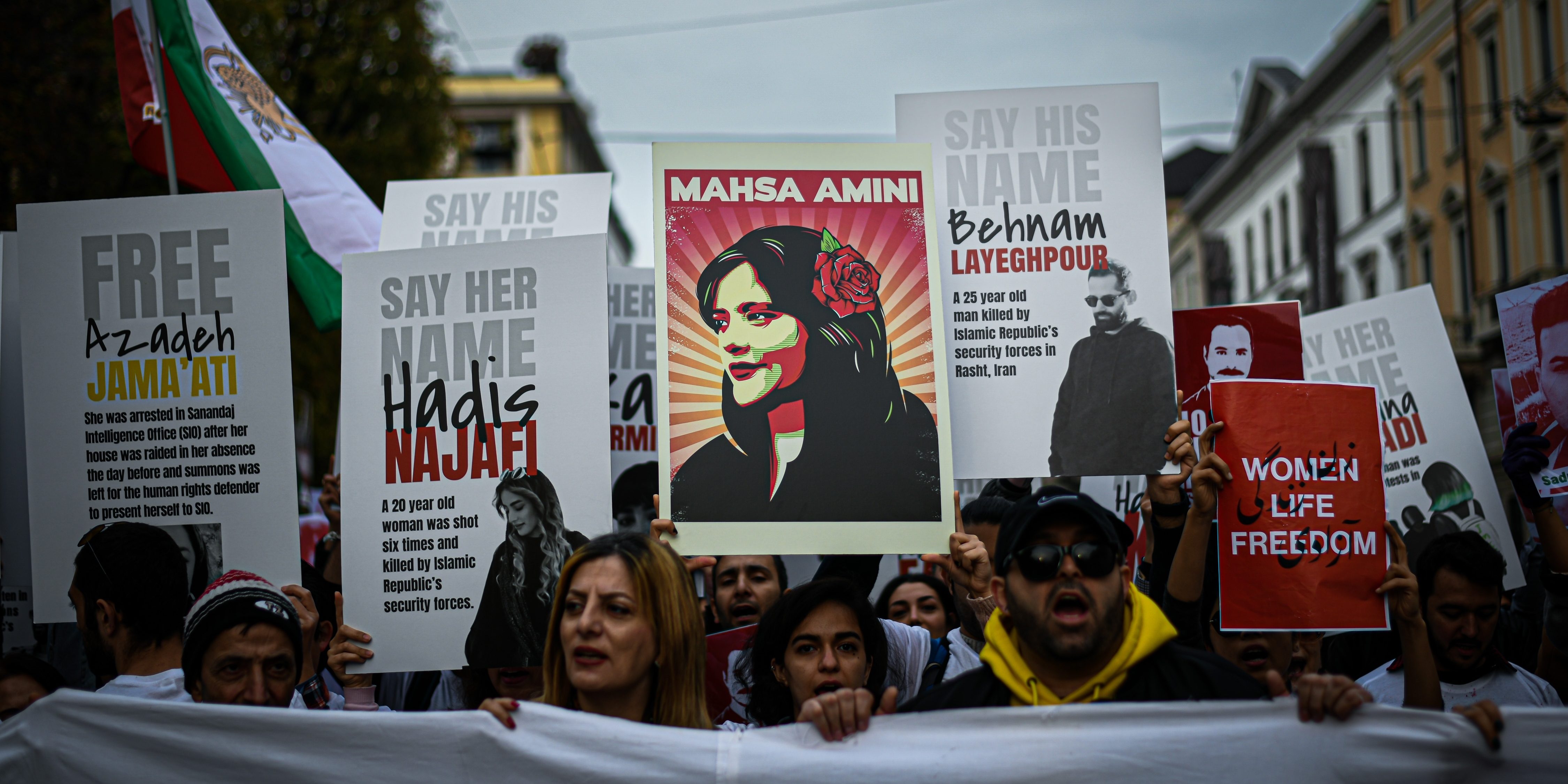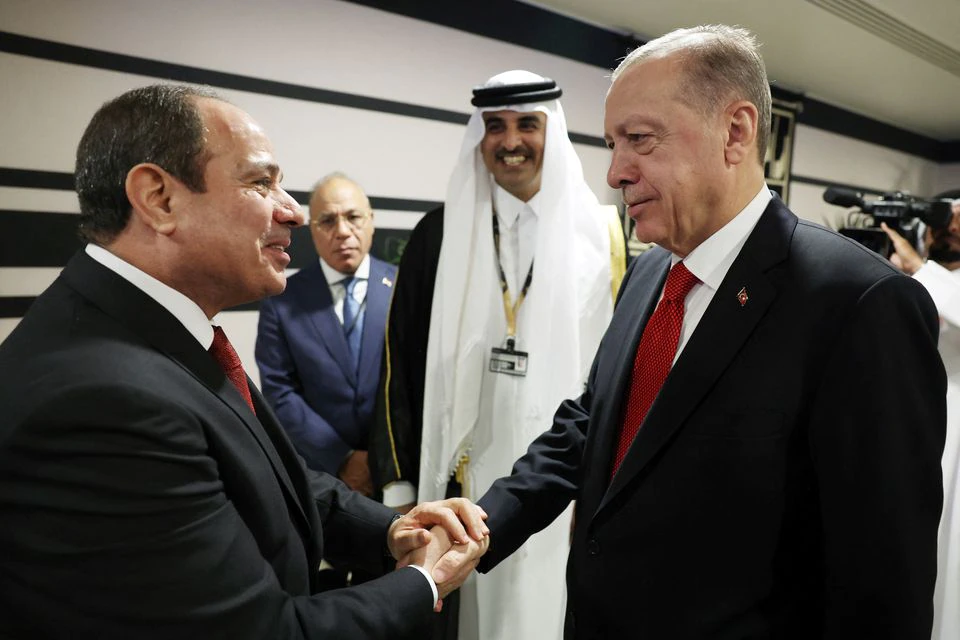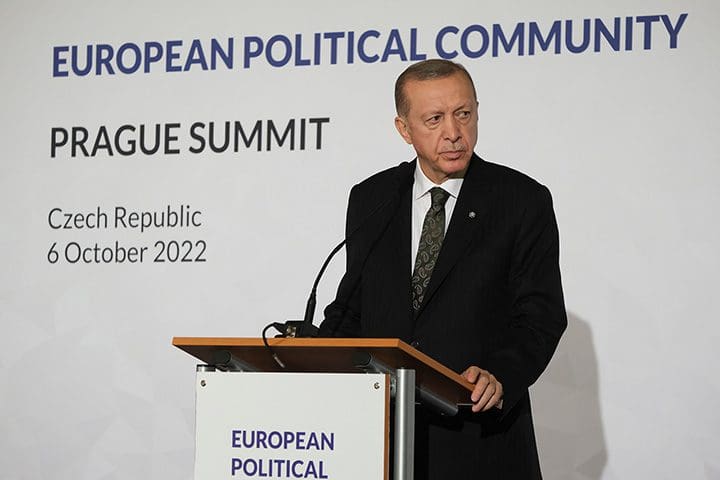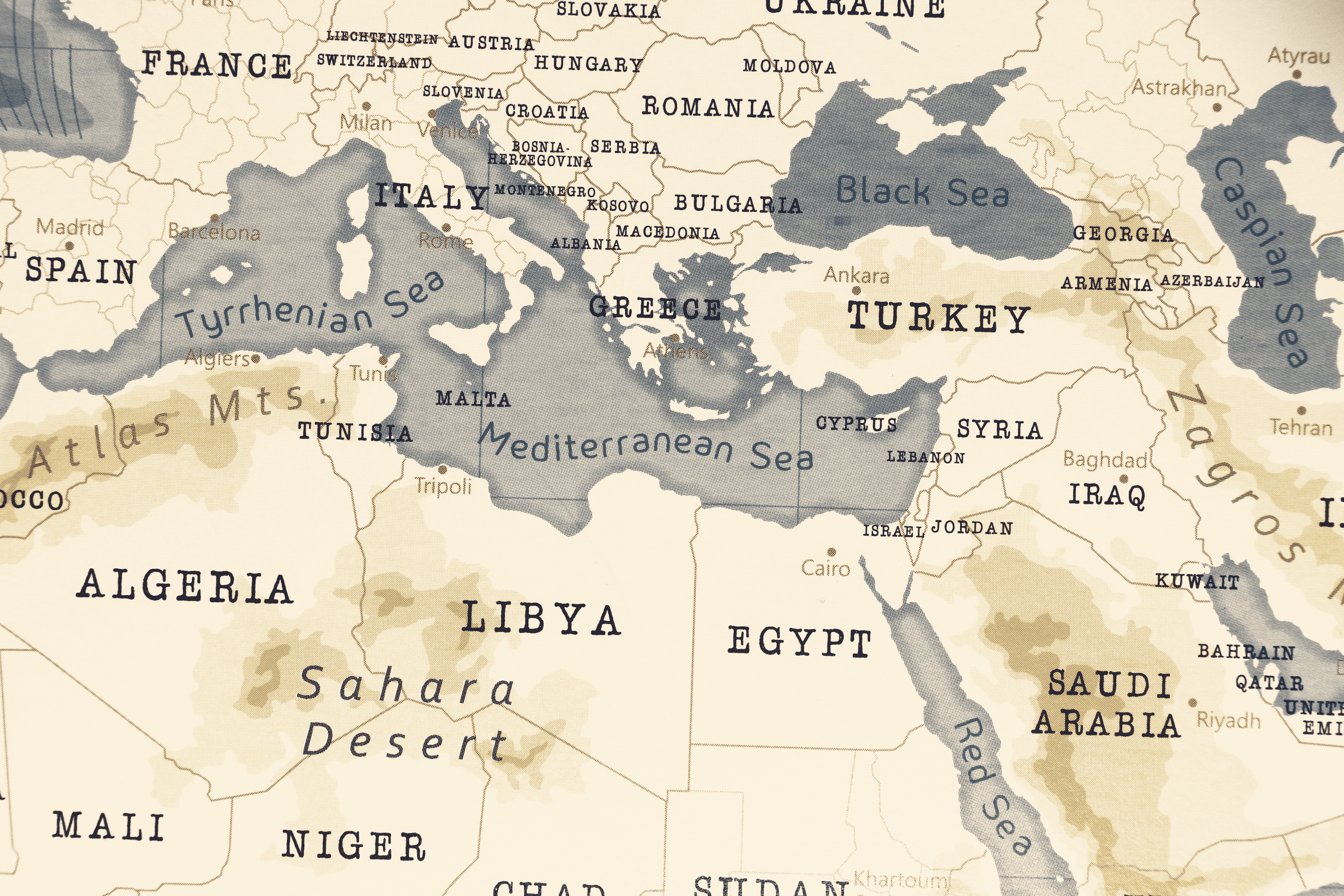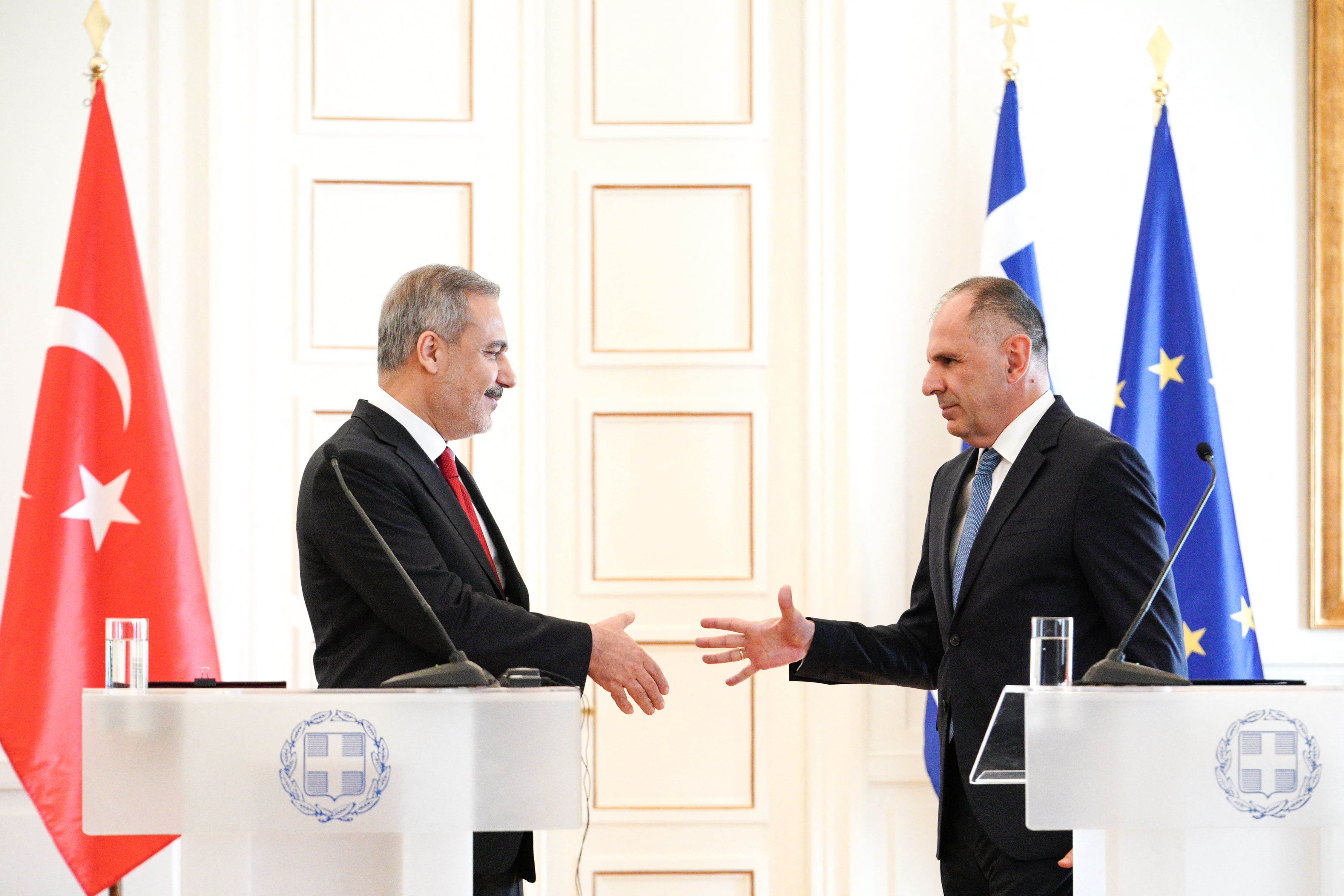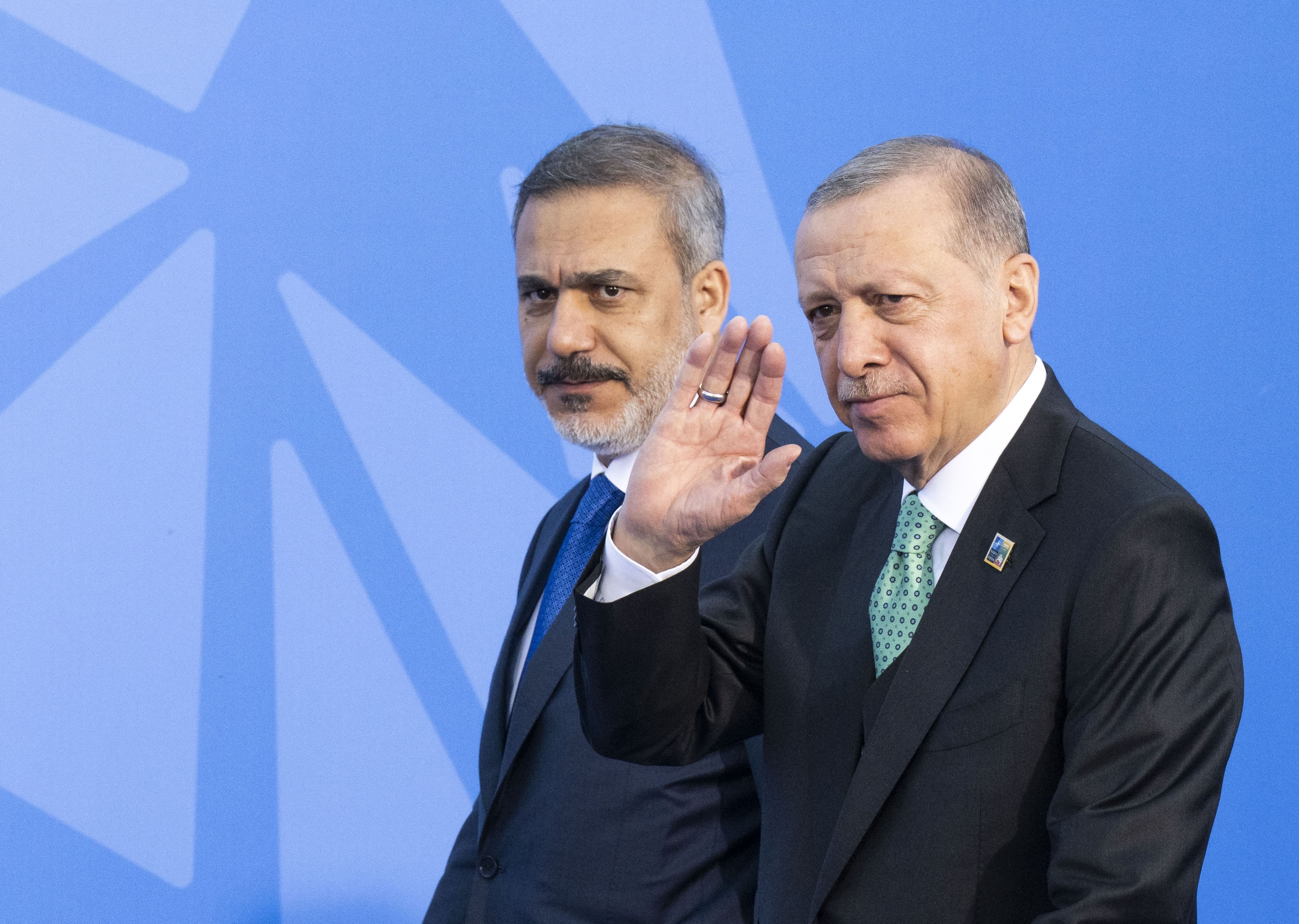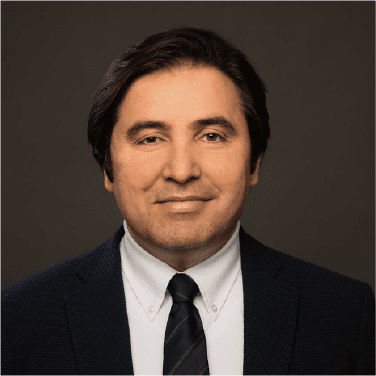
Galip Dalay
Nonresident Senior Fellow
Bio
Galip Dalay is a nonresident senior fellow at the Middle East Council on Global Affairs. He is also associate fellow at Chatham House and doctoral researcher at Oxford University. He was Mercator-ICP (Istanbul Policy Center) fellow at the German Institute for International and Security Affairs (SWP), nonresident fellow at the Brookings Doha Centre, visiting scholar at the University of Oxford, and a political researcher at the SETA Foundation in Ankara.
Dalay also served as research director and senior associate at Al Sharq Forum, Richard von Weizsäcker fellow at the Robert Bosch Academy, and visiting fellow at the Institute for Human Science (IWM) in Vienna. He has served on high-level task forces, including task forces organized by the Robert Bosch Academy and the Institute for Human Science.
Dalay’s research focuses on regionalism and regional order in the Middle East, regional security, Turkish politics, Turkish foreign policy, post-conflict stabilization and peace building, the making of the modern Middle East (global and historical processes), and the changing place of international powers (Russia, US, and Europe) in the Middle East.
Dalay has published a large number of commentaries, policy papers, academic articles, and chapters in edited volumes, most recently “Turkish-Russian Relations in Light of Recent Conflicts: Syria, Libya, and Nagorno-Karabakh” (SWP Research Paper); “Turkey, Europe, and the Eastern Mediterranean: Charting a way out of the current deadlock” (Brookings Doha Center Policy Briefing). His work has also appeared in Foreign Affairs, Foreign Policy, Project Syndicate, CNN, Newsweek, Le Monde, Al Jazeera, Open Democracy, Middle East Eye, and The World Politics Review.
Research Areas
- Regionalism and regional order in the Middle East
- Regional security
- Political transition
- Post-conflict stabilization and peacebuilding
Countries of Focus
- Turkey
- Mashreq
- Eastern Mediterranean
- Russia
- US/Europe
Other Areas of Interest
- Global and historical processes and the making of modern Middle East
- Governance and citizenship
Education
- Ph.D., History, Oxford University, In progress
- M.S., European Studies, London School of Economics and Political Science (LSE), 2011
- B.S., Business Administration, Istanbul University, 2009

